Money is not just about spending or saving. It is also about growing. In Islam, wealth is a blessing. But how you grow that wealth matters just as much as what you do with it. This is where halaal investing comes in.
For many Muslims, especially those living in places like the UK, there is a growing interest in investing. But the challenge is knowing what is halaal, what is not, and where to begin. You may have heard about halaal stocks or shariah-compliant funds or even seen influencers talk about halaal crypto and gold. But what does it all really mean?
This page is your starting point. Whether you are a complete beginner or someone who wants to switch to ethical investing, we will walk you through the core ideas, principles, and practical steps behind halaal investment. No jargon. No pressure. Just real guidance you can trust.
If you want to live a happy life, tie it to a goal, not to people or things.
What does halaal investing actually mean?
In simple words, halaal investing means putting your money into things that are allowed under Islamic law. Islam encourages trade and investment, but it puts rules in place to protect fairness, honesty, and the wellbeing of society.
There are three major things halaal investing avoids:
- Riba (interest) – You cannot earn money just from lending money at interest.
- Gharar (excessive uncertainty) – Investing in things with unclear or speculative outcomes, like gambling, is not allowed.
- Haram industries – Any business involved in alcohol, pork, adult entertainment, weapons, or gambling is considered haram.
Halaal investing is about avoiding the bad and embracing the good. That means investing in real assets, ethical businesses, and transparent financial models.

Why halaal investing matters
You may already have a savings account, workplace pension, or even a trading app. But here is the thing: most of the financial world is built on interest and speculation. Your money might be growing, but it could also be supporting things you would never knowingly choose.
For Muslims, wealth is not just a personal matter. It is a trust. A test. Something we will be asked about on the Day of Judgement. That is why more and more Muslims are turning towards halaal investment options. They want their money to work for them in this life and the next.
Can halaal investing still make good returns?
Absolutely. Many people assume halaal investing means lower returns. But that is not true. Some of the most successful global companies are halaal-friendly. Halaal investments may exclude certain sectors, but they still give you access to industries like technology, healthcare, renewable energy, and real estate.
In fact, some halaal funds have outperformed conventional funds over certain periods because they avoid debt-heavy businesses and speculative bubbles. That kind of caution can pay off in the long run.
The rise of halaal investing in the UK
Over the past few years, there has been a quiet revolution in how British Muslims approach money. More people are asking questions about pensions, savings, and long-term wealth. They want options that work within their faith.
The good news is, the UK is one of the best places in the world for halaal investment options. From ethical banks to shariah-compliant fintech apps, the market is growing fast. Whether you are looking for property investment, gold, or halaal stocks, there are now more accessible routes than ever before.
At Halaal, our aim is to bring all of this together in one place. Clear, simple, trustworthy information and guidance to help you make confident choices.
What are your options?
There is no one-size-fits-all answer. The right halaal investment for you depends on your goals, risk appetite, and timeline. But here are some common routes many Muslims in the UK explore:
- Halaal stocks
- Shariah-compliant mutual funds and ETFs
- Physical gold and silver
- Property investment
- Private equity and halaal business ventures
- Islamic pensions and retirement plans
Each of these options has its own benefits and risks. We have created dedicated pages to help you learn more:
- Stocks, Funds, Gold
- Halaal vs Conventional Investing
- Investment Providers
- Islamic Investment FAQs
- How do I know if something is halaal?
This is one of the most common and important questions. The best way is to check whether a trusted Islamic finance provider or scholar has reviewed the product or investment.
Many halaal investment platforms work with shariah boards. These boards regularly screen companies, remove haram holdings, and publish fatwas or reports on why something is halaal or not.
At the same time, it is important that you develop your own awareness. Learn the basics. Know what to avoid. Ask questions. Use platforms like Halaal to double-check and stay informed.
Getting started – a simple 5 step guide
If you are ready to begin your halaal investing journey, here is a simple way to start:
- Learn the basics – Read through our pages and ask questions if something is unclear.
- Set your goals – Are you investing for Hajj, retirement, your kids’ education, or just to build financial independence?
- Pick your method – Do you want to pick your own stocks or let a halaal fund do it for you?
- Choose a provider – Use our Investment Providers guide to find a platform that suits you.
- Start small – Even £50 a month can make a difference over time.
You do not need to be rich to invest. You just need to start.
Things to keep in mind
Halaal does not mean risk-free
All investing comes with risk. Even halaal investments can go up and down. But being halaal means your money is in the right place.
Watch out for “Islamic” labels
Not everything that claims to be halaal really is. Look for providers that are transparent and have scholarly backing.
Review regularly
A stock that was halaal last year might not be this year. Keep an eye on your portfolio and update it with guidance.
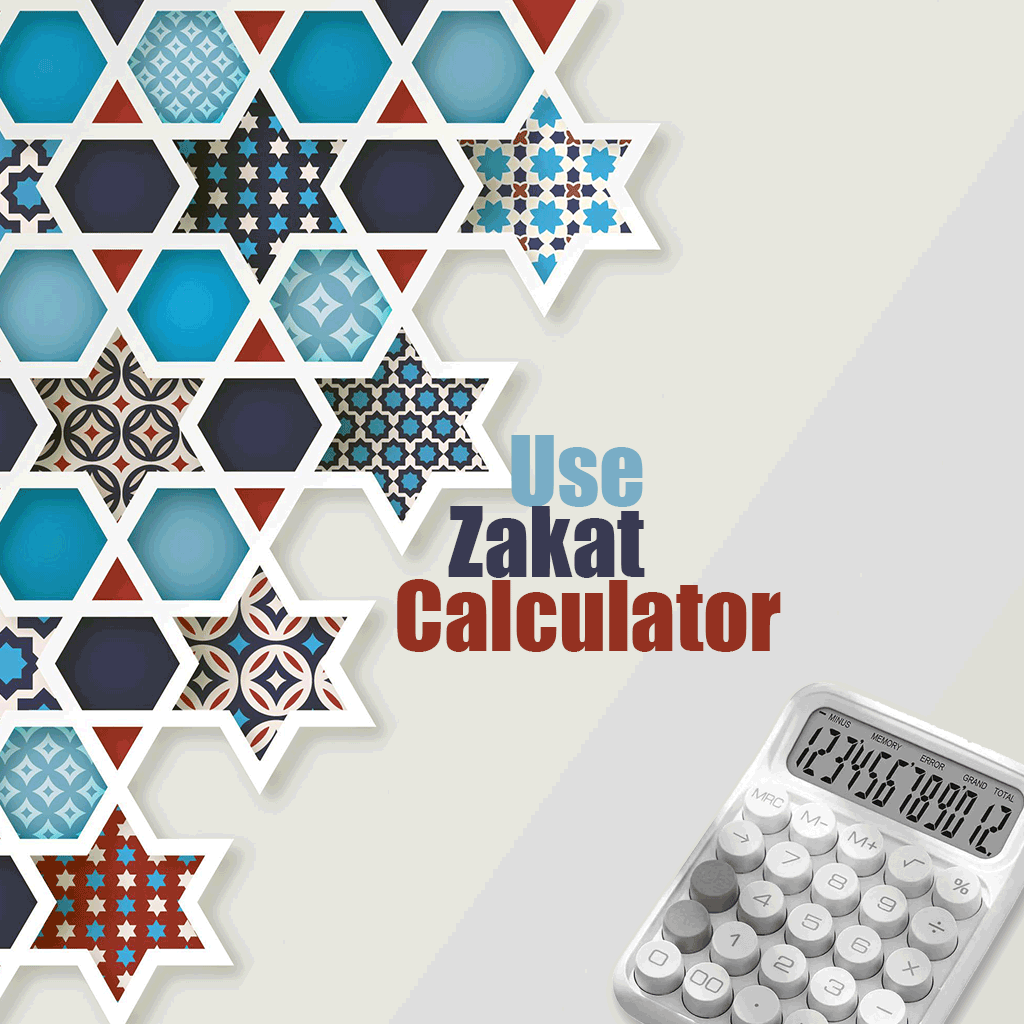

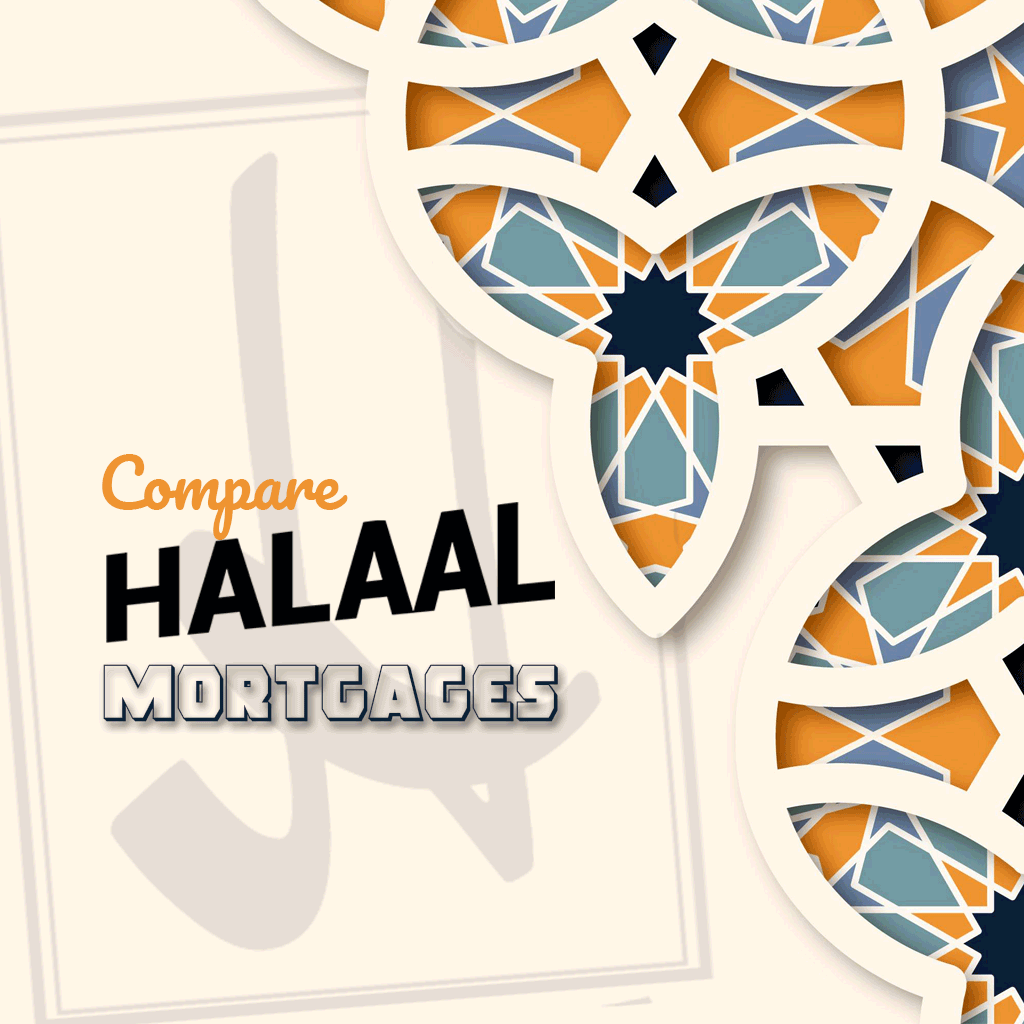
Halaal investing is not just a trend. It is part of a deeper shift where Muslims are becoming more intentional about how they use and grow their money. You are not just investing for profit. You are investing with purpose.
When done right, halaal investing can give you peace of mind, financial growth, and the reward of knowing your wealth is working in a way that pleases Allah.
At Halaal, we are here to help you every step of the way. From practical tools to honest reviews, we aim to make halaal investing simple, safe, and spiritually fulfilling.
Explore more:
What is Halaal Investing?
Stocks, Funds, Gold
Halaal vs Conventional Investing
Investment Providers
Islamic Investment FAQs
Halaal Investment FAQ's
Yes. Physical gold and real estate are generally halal. But there are rules about how you buy, sell, and manage them. Make sure you avoid interest-based loans or unclear contracts.
All investments carry some risk. Halal investments are not guaranteed to make money. But they avoid risky practices like gambling and excessive speculation. The goal is steady, ethical growth over time.
This is still a debated topic. Some scholars allow certain types of crypto with real-world utility, while others see it as too uncertain. Always seek advice from trusted Islamic scholars or check our Islamic Investment FAQs for updates.
Not all providers are the same. Look for platforms that work with recognised shariah scholars and publish transparent reports. We list the top UK-based options on our Investment Providers page.
Yes, zakat is due on most halal investments if they meet the nisab threshold and you’ve held them for one lunar year. We will be publishing a full Zakat on Investments guide very soon.
A halal stock must pass a shariah screening. It should not earn money from things like alcohol, pork, gambling, or interest. Some investment platforms already screen stocks for you. We also cover this in detail on our Stocks, Funds, Gold page.
You can start halal investing with as little as £50. Some platforms have no minimum requirement. It is better to start small and build a habit than to wait for the “perfect” moment.
Yes, investing is halal as long as it follows Islamic principles. This means no interest, no gambling, and no involvement in haram industries. Halal investing is encouraged in Islam when done with honesty and care.
Many workplace pensions include haram investments by default. But there are halal pension options available in the UK. You can switch to a shariah-compliant pension provider or build a private pension using halal funds.

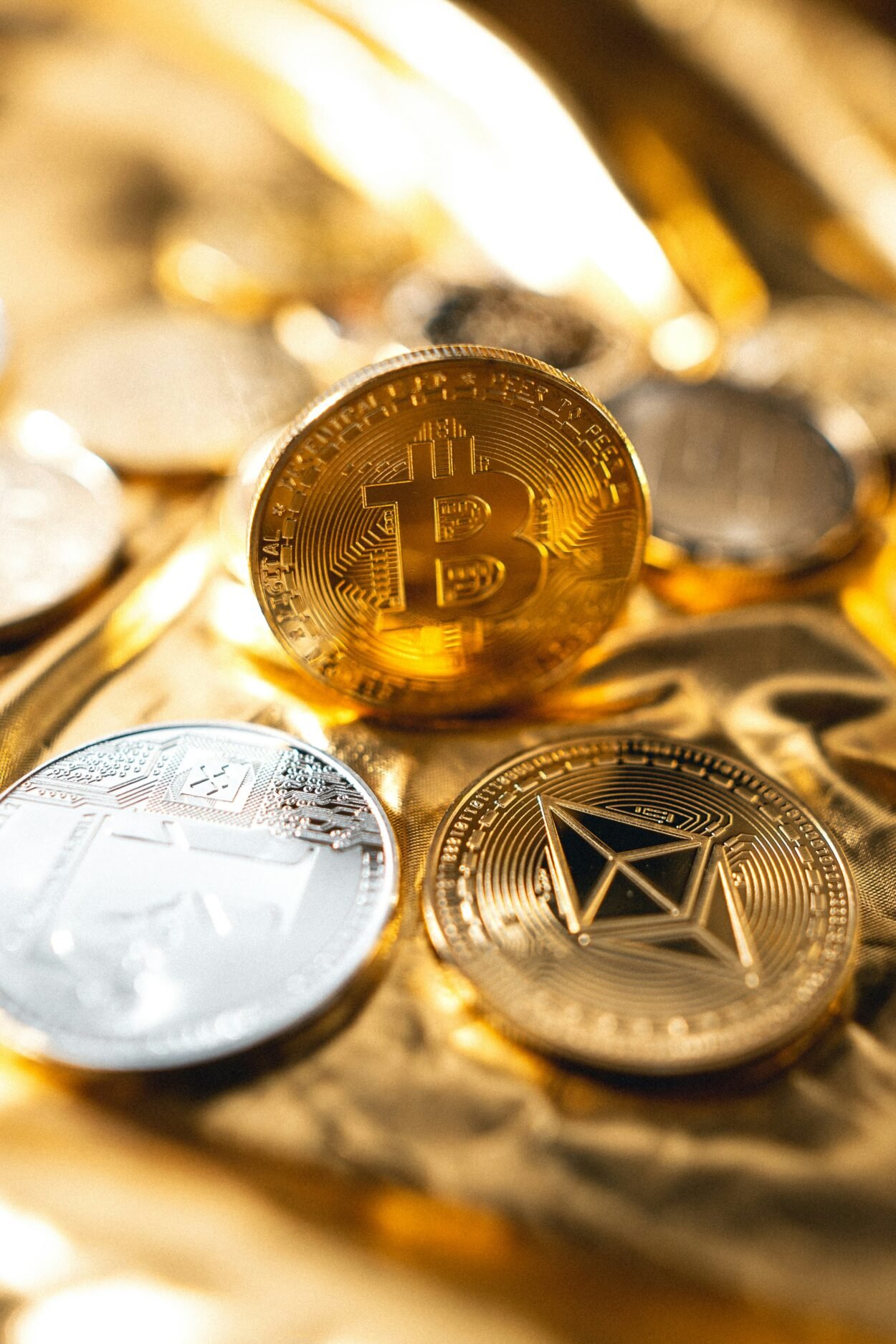

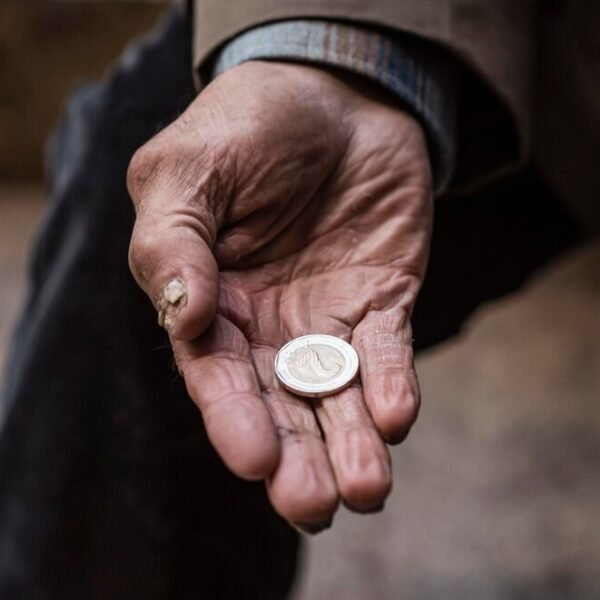

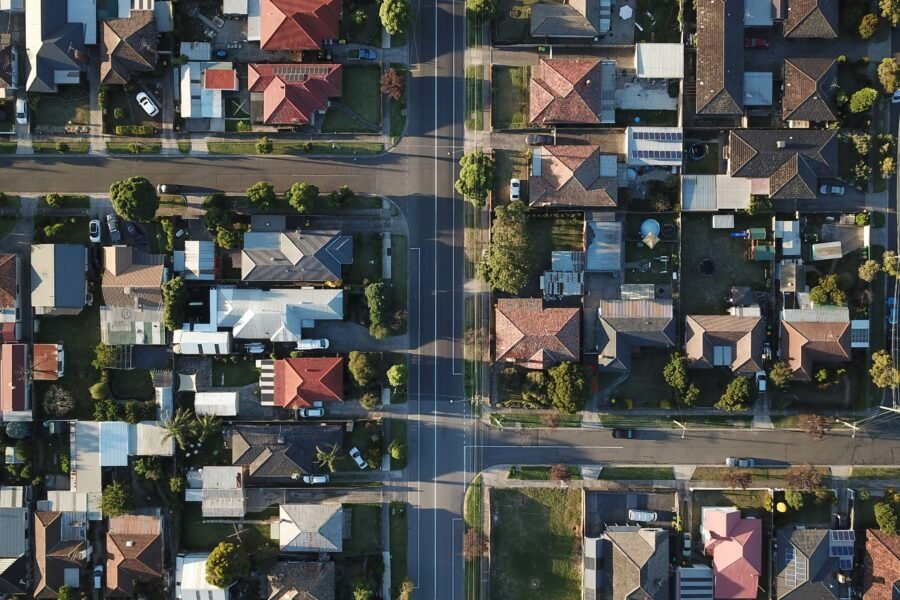


Sign up